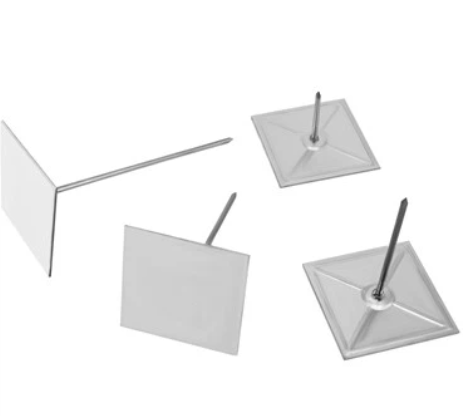Knitted Wire Mesh Selection
Author: admin Date: 2024-08-09 16:45:39 Category: INDUSTRY NEWS
When choosing Knitted Wire Mesh, the following key factors need to be carefully considered.
Firstly, the selection of materials is crucial. Common materials include stainless steel, galvanized steel, copper, etc. Stainless steel is suitable for various harsh environments due to its excellent corrosion resistance and strength, especially in situations that require long-term exposure to moisture, chemicals, or high temperatures. For example, in filtration applications in the chemical industry, stainless steel Knitted Wire Mesh can ensure long-term stable operation without corrosion. Galvanized steel provides good rust prevention performance in general environments and has relatively low cost, making it suitable for some cost sensitive but not particularly demanding applications. Copper material has good electrical and thermal conductivity, and may be the preferred choice in specific electronic or electrical fields.

Secondly, the specifications of the grid should be considered. This includes the size of the grid, line diameter, and porosity. The size of the grid determines the size of particles or substances that can pass through, and should be selected according to specific filtering or screening requirements. Finer grids are suitable for high-precision filtering, while coarser grids are used in situations where larger particles are allowed to pass through. The thickness of the wire diameter affects the strength and durability of the mesh. Coarse wire diameter is usually stronger, but may reduce breathability and filtration efficiency. The porosity determines the flow rate of gas or liquid and needs to be balanced according to the flow requirements in practical applications.
Furthermore, pay attention to the flatness and uniformity of the network. High quality Knitted Wire Mesh should have a flat surface, uniform mesh distribution, and no obvious distortion, deformation, or loopholes. This is crucial for ensuring consistency and stability of the filtering effect. During inspection, the flatness of the net can be felt through visual observation and touch.
In addition, it is necessary to understand the supplier's reputation and production process. Choosing a supplier with a good reputation and advanced production equipment can usually ensure the quality and performance of the product. You can inquire with the supplier about the quality control measures in the production process and whether they provide relevant quality inspection reports.
Finally, although price is a factor to consider, decisions should not be made solely based on price. Products that are too cheap may have defects in material, craftsmanship, or performance, resulting in a short lifespan or poor performance. Within the budget range, choose the most cost-effective Knitted Wire Mesh.